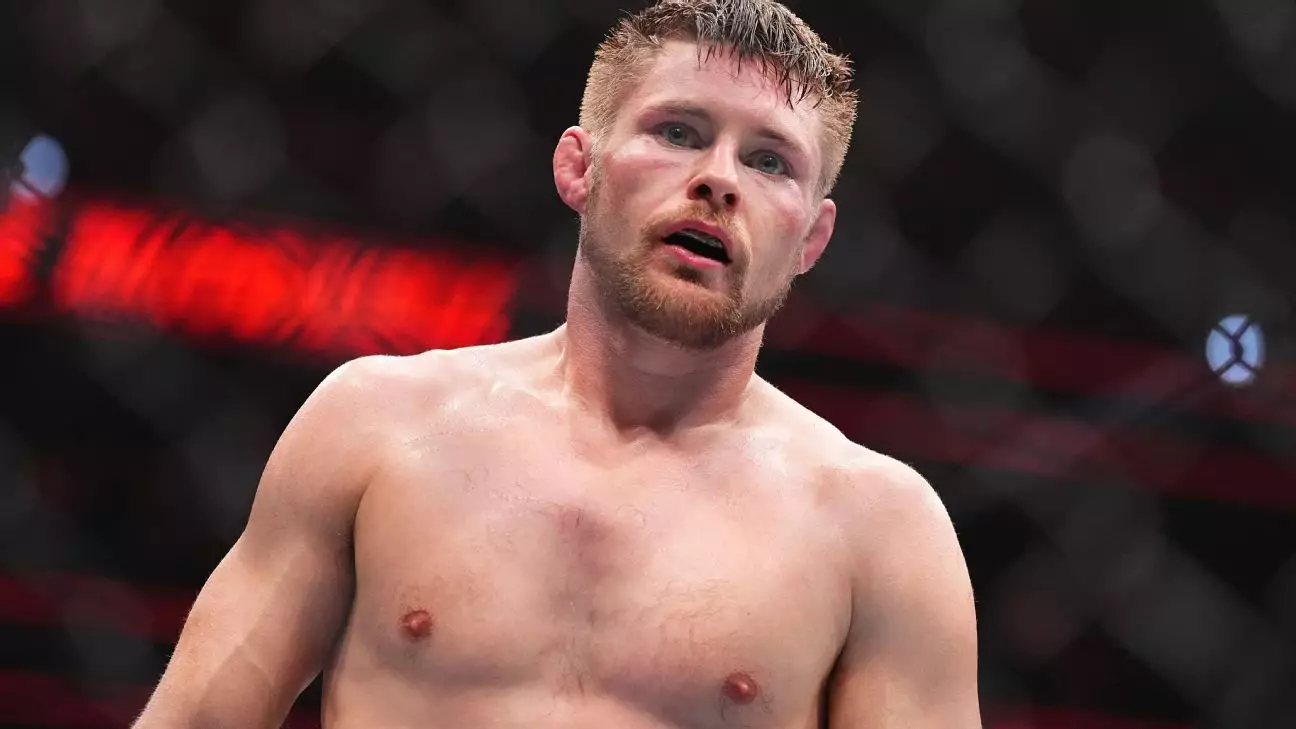The recent remarks made by UFC featherweight fighter Bryce Mitchell during his podcast have ignited widespread condemnation, drawing fierce criticism from UFC president Dana White. Mitchell’s comments, which included praise for Adolf Hitler and denial of the Holocaust, not only shocked fans but also prompted an intense discussion surrounding the responsibilities of public figures. In an era where social media provides an extensive platform for free speech, it becomes crucial to discern credible discourse from harmful rhetoric.
Dana White did not mince words when addressing Mitchell’s statements. He characterized them as some of the “worst” ignorance he has encountered, emphasizing the historical atrocities committed during the Holocaust. White particularly underscored that Hitler was directly responsible for the deaths of six million Jews in one of history’s most horrific genocides. Such comments serve to highlight the importance of historical context and the need for individuals, especially those in the public eye, to approach topics like these with sensitivity and understanding.
Mitchell’s insistence that Hitler was a “good guy” because he “fought for his country” dangerously oversimplifies and disrespects the context and magnitude of the suffering caused by the Nazi regime. This distortion of historical truth can have dangerous implications, especially when repeated by athletes with a wide-reaching influence.
White’s critique of social media was particularly telling. He pointed to the platform’s ability to amplify “dumb and ignorant people,” suggesting that the unchecked spread of misinformation can lead to dangerous misinterpretations of history. In an age where opinions can easily masquerade as facts, there is an urgent need for critical thinking and responsible discourse online. White’s comments reflect a growing concern about the role of online platforms in propagating dangerous ideologies and misinformation.
This situation underscores a critical issue: the balance between free speech and the responsibility of individuals who wield significant influence. While it is vital to uphold the principle of free expression, there is also a dire need to actively challenge harmful narratives that perpetuate hate and misinformation.
One pressing question arises from this controversy: should there be consequences for such inflammatory statements, particularly from athletes affiliated with major organizations like the UFC? White maintained that no immediate disciplinary measures would be taken against Mitchell, framing the situation as a free speech issue. Yet this stance invites scrutiny regarding the broader implications for the UFC and its community standards.
The reluctance to take action could be interpreted as an unwillingness to hold fighters accountable for their public statements, thereby enabling a culture where controversial opinions can flourish unchecked. It is essential for organizations like the UFC to delineate clear boundaries between personal expression and comments that propagate hate, offering a compelling argument for why accountability matters.
This incident serves as a poignant reminder of the importance of fostering an informed and respectful discourse, particularly regarding sensitive historical subjects. As conversations around free speech and personal accountability in sports continue to evolve, the UFC—and indeed, society as a whole—must confront the challenges posed by misinformation and hate speech. It is imperative that influential figures take ownership of their words and understand the impact they can have on their audiences. Ultimately, history should guide us toward a more nuanced and empathetic understanding of the past, shaping a healthier public discourse in the future.

